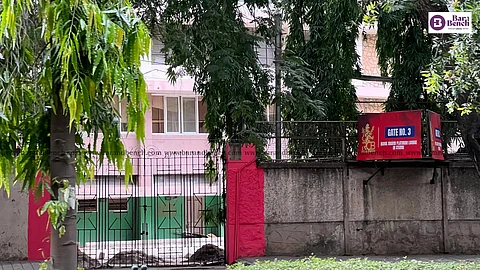
- Latest Legal News
- News
- Dealstreet
- Viewpoint
- Columns
- Interviews
- Law School
- Legal Jobs
- हिंदी
- ಕನ್ನಡ

Event management house DNA Entertainment Networks has moved the Karnataka High Court challenging a judicial commission report which holds the company and its officials among those responsible for the June 4 stampede that took place outside the Chinnaswamy Stadium in Bengaluru [DNA Entertainment Networks Private Limited v. State of Karnataka and ors].